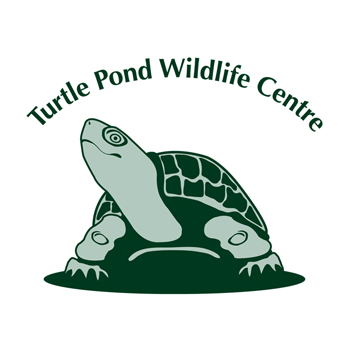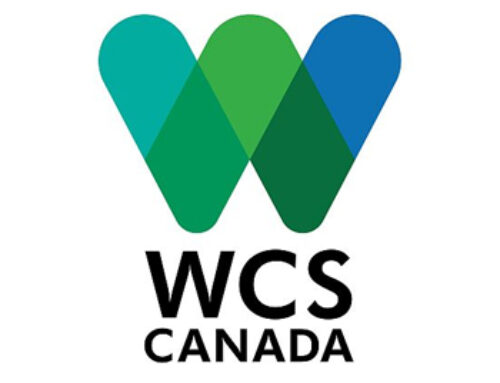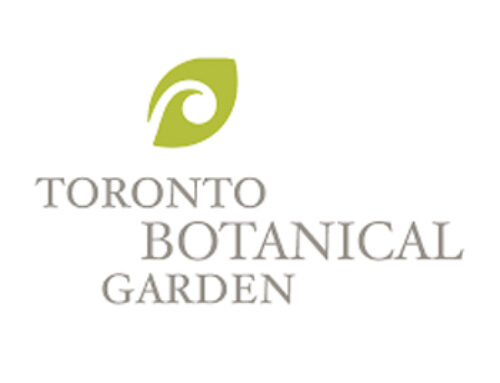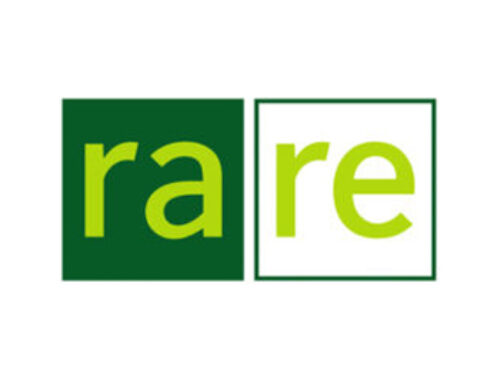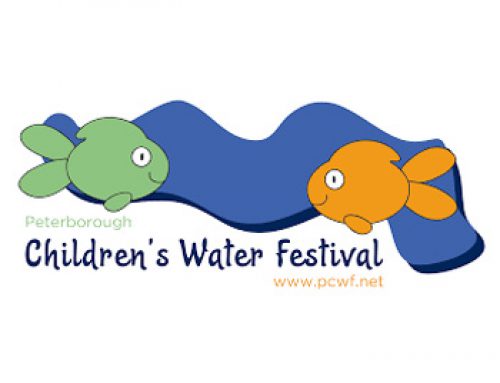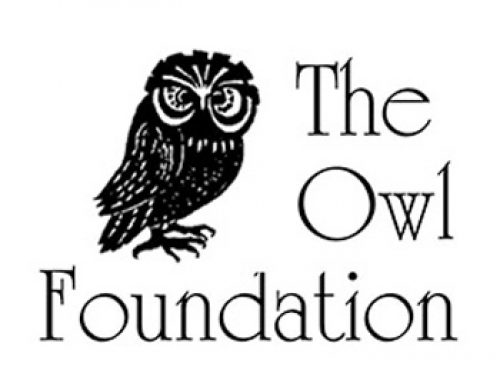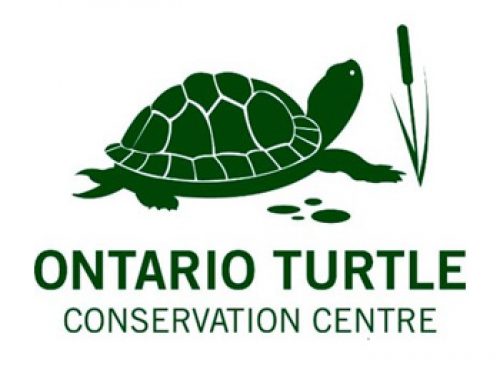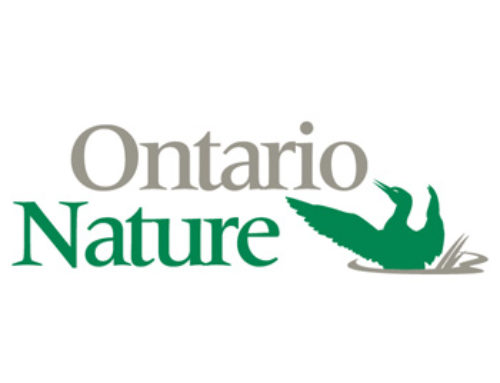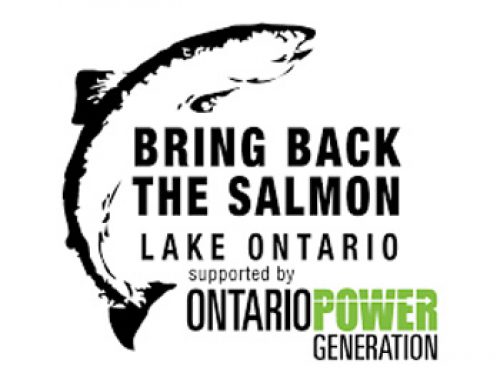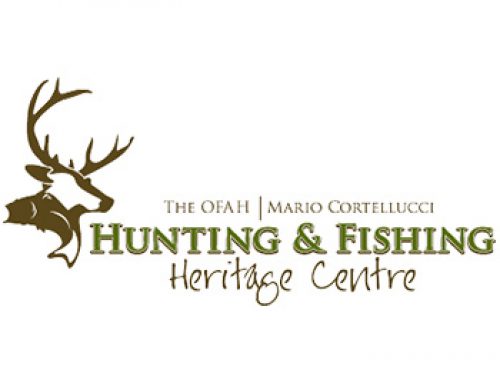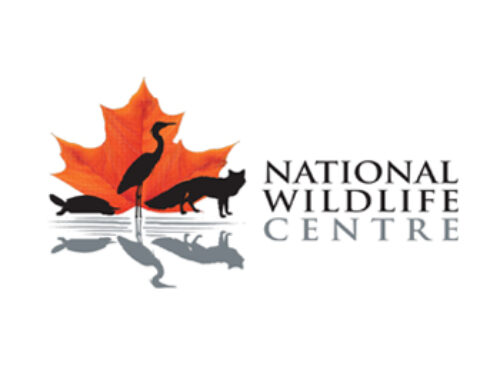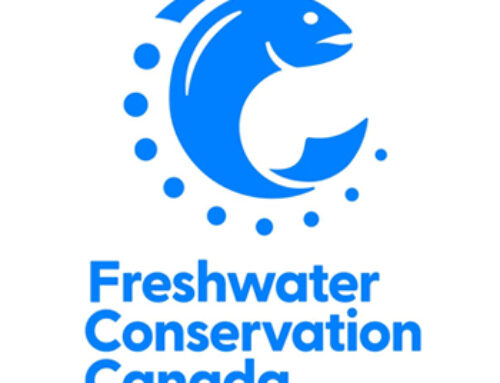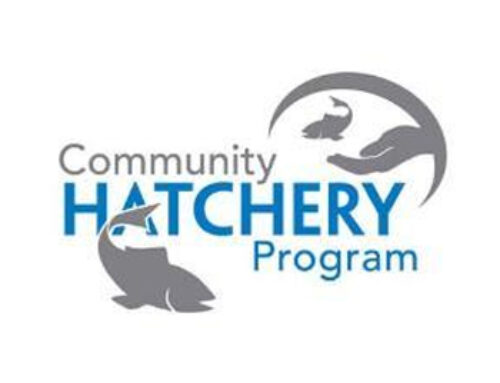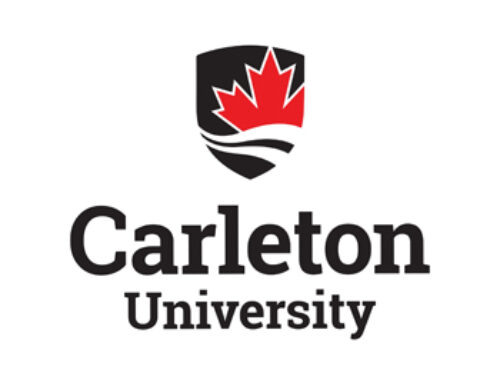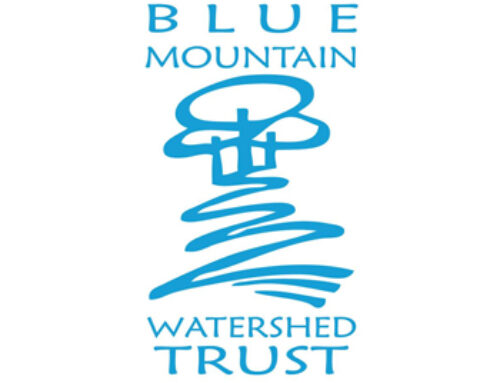2025
True North Turtles Hatchling Project
Turtle Pond Wildlife Centre aims to provide care for injured, ill, and orphaned wildlife, including small mammals, birds, and especially reptiles, with a goal of returning them to their natural habitat once they are healthy. In 2020, Turtle Pond became the sole authorized wildlife rehabilitation centre serving roughly 130,000 square kilometres of Northern Ontario. Our intake of wildlife quadrupled in 2020. In 2024, we admitted over 900 animals. We have cared for animals from as far away as Thunder Bay, Kenora, Timmins, Manitoulin Island, Killarney and North Bay.
Turtle Pond Wildlife Centre has a particular focus on turtle rehabilitation, conservation and education – including hatching and rearing turtles for release. Our centre receives turtles for many reasons, but most often because they have been hit by motor vehicles. They may also come in because they are sick, caught in a trap, or have been hit with a boat propeller. They receive medication to manage pain and any infections that may occur, as well as professional veterinary care. Often, when injured turtles arrive at the centre, we discover they are carrying eggs. If a mother turtle is in distress, she may lay her eggs to give her species the best chance of survival. In other cases, she may lay their eggs while recovering, and we incubate and nurture those eggs. The babies that hatch will be overwintered and released the following spring to their mothers source wetlands or a safe and suitable aquatic habitat that is as close as possible to, and no more than one kilometer from, the area where the nest or the sick, injured or deceased turtle was found.
Transportation is a significant factor give the size of our service territory, we receive animals from as far away as Thunder Bay, which is 1000 km away. We also need to transport some animals to Toronto for specialized care, which is 400 km from the Greater Sudbury area. Although we benefit from many volunteer drivers who respond to our calls for help on social media, we have fuel and flight expenses which are unpredictable and could be a barrier to saving, rehabilitating and releasing sick and injured turtles.
Turtle Pond Wildlife Centre is in need of funding support from the Ontario Wildlife Foundation for the purchase of two Wilbanks Homeostatic Incubators™ WH-450WIFI (wilbanksreptiles.com) as well as miscellaneous medical equipment and supplies needed to care for the influx of injured and deceased turtles that we expect to receive this season.
Turtles are major Biodiversity components of the ecosystems they inhabit, and wetlands are the most biologically diverse of all ecosystems. While Canada holds 25% of the worlds wetlands, we have already lost 70% due to infrastructure development. Canada’s wetlands act as a filtration system of our water sources, they also act as erosion prevention, and aid in flood control. Of course, they also provide habitat critical for all wildlife and fish populations.
Turtles play several important roles in Northern Ontario’s ecosystems, recycling nutrients, dispersing seeds, and maintaining water quality. They also contribute to the stability of wetland habitats and influence food webs as both predators and prey.
Turtles scavenge on decaying matter, such as dead fish and animals, which helps to reduce bacteria levels and maintain water clarity. By consuming these materials, they prevent the spread of disease-causing bacteria in lakes and wetlands. Their scavenging behavior contributes to overall water quality and the health of aquatic ecosystems.
When turtles eat plants, the seeds pass through their digestive system and are deposited elsewhere, promoting new plant growth. This new vegetation helps stabilize riverbanks, reducing erosion and improving overall ecosystem health. Foraging and movement within these areas can help create and modify habitats, supporting biodiversity.
Both predators and prey in the food chain, turtles influence the populations of other species in their environment. They are a food source for various predators, including raccoons, foxes, and otters, and also prey on a variety of smaller organisms.
Protecting turtle populations also helps to protect their habitats and the biodiversity within those areas. Turtles are considered an “umbrella species” because their conservation efforts often benefit other species that share their habitats.
Turtle Pond Wildlife Centre collaborates with other wildlife centres in Ontario, such as the Ontario Turtle Conservation Centre, Bear with Us, Aspen Valley Wildlife Sanctuary, and Shades of Hope. In a collaborative effort to raise awareness, we recently received significant media coverage across Northeastern Ontario on all major media channels including CBC and CTV.


